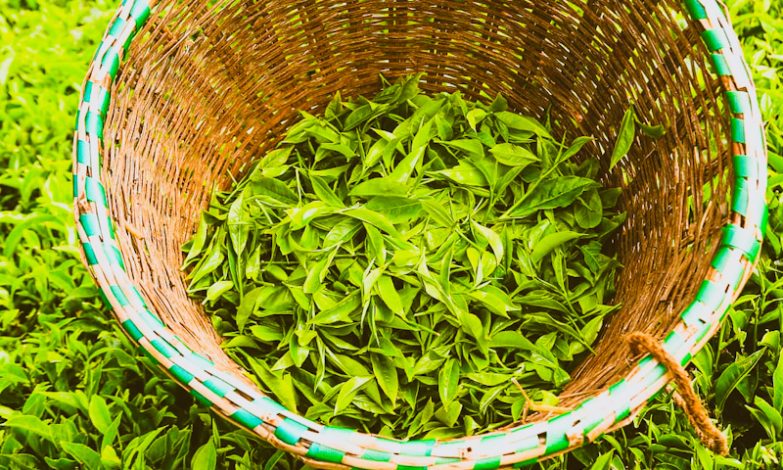Kenya Tea Development Agency (KTDA) says with the coming into force of the minimum tax at a rate of 1 per cent of their turnover, they will have to part with an estimated Ksh 754 million annually.
Alfred Njagi, KTDA Management Services Managing Director says it will have a great impact on the smallholder tea farmers reversing objectives of the newly amended Tea Act 2018.
According to KTDA, the KSh754 million is up by KSh20 million the dividend it declared to its shareholders based on the 2019/2020 Financial Year.
“The implication of this to KTDA-managed tea factories, using the last financial year’s audited accounts, is that they will be, on average, paying over Ksh 62.8 million each month, in addition to the over 40 taxes and levies they are already remitting to various Government agencies,” Njagi says.
The minimum tax is based on 1 per cent of gross income and paid on the 20th day of the fourth, sixth, ninth, and twelfth months. The minimum tax levy will take effect in January 2021.
“With the tea sub-sector’s focus being the enhancement of the socio-economic welfare of the smallholder tea farmer, the new tax will erode farmers’ earnings and could therefore prove to be counterproductive to the cause.
Consideration should be made to exempt smallholder tea farmers from this tax to protect their earnings, in line with the government directive of putting more money to farmers’ pockets,” added Njagi.
KTDA-managed factories recorded a KSh79.02 billion turnover for the year which ended June 30, 2020, and would need to remit over KSh799 million with the new tax regime.
Consequently, the Kenya Revenue Authority eyes KSh 5 billion from individuals and businesses offering services in the digital marketplace.
The businesses will pay 1.5 per cent of the gross transaction value as Digital Service Tax (DST).
“For residents and companies with a permanent establishment in Kenya, the DST will be offset against the income taxes due in the year of income,” KRA said in a notice issued Monday.




